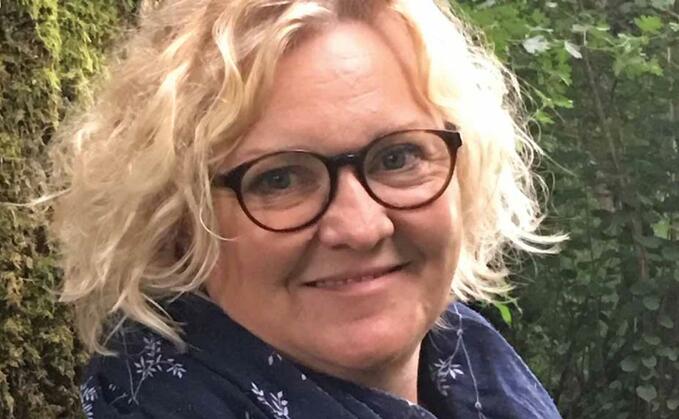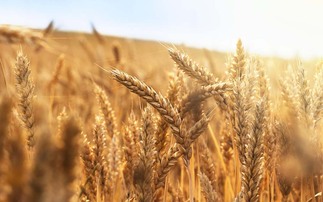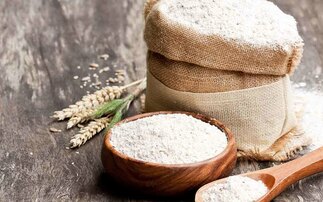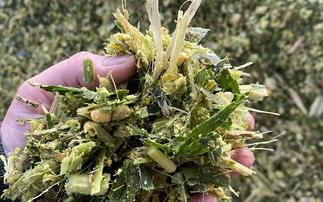
As UK trade negotiations with countries all over the globe progress, there has never been a better time to redefine the value of food, says Sue Pritchard, chief executive of the Food, Farming and Countryside...
To continue reading this article...
Join Farmers Guardian
- Farmers Guardian is the ultimate resource for farmers, providing unparalleled coverage of the key issues and trends affecting the agricultural industry.
- Real-Time Updates: Get the latest news and analysis on what's happening in the agricultural sector right now. From market trends to technological advancements.
- Expert Insights for Smart Decision Making: We provide in-depth articles and features designed to help you navigate the ever-changing agricultural landscape. From crop management techniques to livestock breeding strategies, our goal is to arm you with the tools you need for profitable farming.
- Join the Farmers Guardian community today and unlock a world of knowledge and opportunities for your agricultural business. We are dedicated to supporting farmers like you, and our mission is to empower you with the information and resources needed to thrive.
















